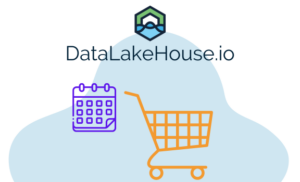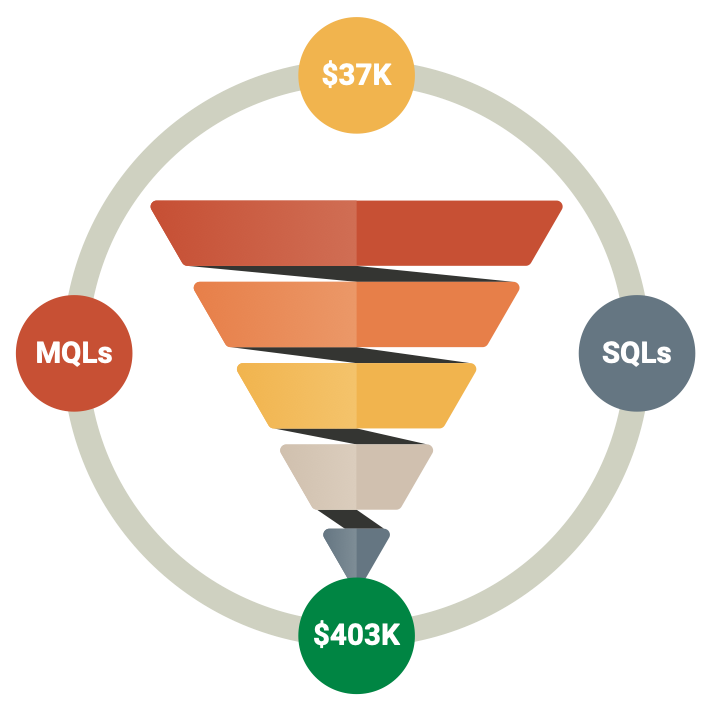
In the ever-evolving world of retail, staying ahead of the competition requires strategic planning, accurate reporting, and insightful analysis. A crucial tool that empowers retailers to achieve these objectives is the retail calendar. In this blog post, we will explore the significance of retail calendars and how they can revolutionize your merchandising and sales efforts.
What is a Retail Calendar?
A retail calendar is a specialized calendaring system designed specifically for retailers. Unlike the traditional Gregorian calendar, which follows a standard 12-month structure, a retail calendar divides the year into distinct periods that align with the retail industry’s unique requirements. These calendars ensure consistency in comparing sales performance and provide a comprehensive framework for strategic planning.
The Importance of Accurate Reporting
Accurate reporting lies at the heart of effective retail management. To assess the performance of your business, it is vital to analyze sales metrics on a monthly, quarterly, and yearly basis. However, comparing data from different periods can be challenging due to variations in the number of weekends, holidays, and other factors. Retail calendars bridge this gap by ensuring apples-to-apples comparisons, enabling you to make informed decisions based on reliable data.
The Mechanics of Retail Calendars
Retail calendars break down the year into defined periods, typically comprising 4 or 5 weeks each. The most widely used retail calendar is the 4-5-4 calendar, popularized by the National Retail Federation (NRF). Under this system, each quarter consists of three months, with the first month having 4 weeks, the second month having 5 weeks, and the third month returning to 4 weeks. This consistent structure allows for easier comparison of sales data across different years.
Benefits and Applications
Using a retail calendar offers organizations a variety of benefits.
Improved Comparability
By adopting a retail calendar, retailers can compare sales performance across similar periods, accounting for any variations in weekends or holidays. This ensures a more accurate assessment of growth or decline and helps identify trends and patterns.
Enhanced Planning
Retail calendars provide a clear view of important dates, such as holidays and seasonal shifts. This enables retailers to plan their inventory, marketing campaigns, and promotions accordingly, optimizing sales opportunities and customer engagement.
Streamlined Operations
A retail calendar acts as a shared reference point for various departments within a retail organization. From merchandising and finance to marketing and operations, having a synchronized calendar streamlines collaboration and improves overall coordination.
Better Performance Analysis
By aligning sales data with the corresponding periods on the retail calendar, retailers gain deeper insights into their business’s performance. This facilitates more accurate forecasting, identifies areas for improvement, and allows for targeted strategies to drive growth.
Implementing a Retail Calendar
Integrating a retail calendar into your operations is a straightforward process. Start by selecting a retail calendar format that suits your business needs, whether it’s the NRF 4-5-4 calendar or an alternative structure. Ensure that the chosen calendar aligns with your industry and customer behavior.
Leveraging Technology
Modern technology offers valuable tools to simplify the adoption of retail calendars. Dedicated retail planning and reporting software, such as DLH.io’s Retail Calendar, provide intuitive interfaces that help retailers seamlessly transition from traditional calendars to retail-specific formats. These tools enable retailers to visualize their data, track key dates, and generate actionable insights for improved decision-making.
Conclusion
In the competitive landscape of retail, every advantage counts. Implementing a retail calendar is a strategic move that empowers retailers to unlock their full potential. By enabling accurate reporting, informed decision-making, and enhanced performance analysis, retail calendars become indispensable tools for maximizing merchandising and sales success. Embrace the power of retail calendars today and position your business for sustainable growth and profitability.
Luckily, DataLakeHouse.io offers retail calendars, enabling retailers to analyze their data they way they need too!
Schedule a demo to learn more.



